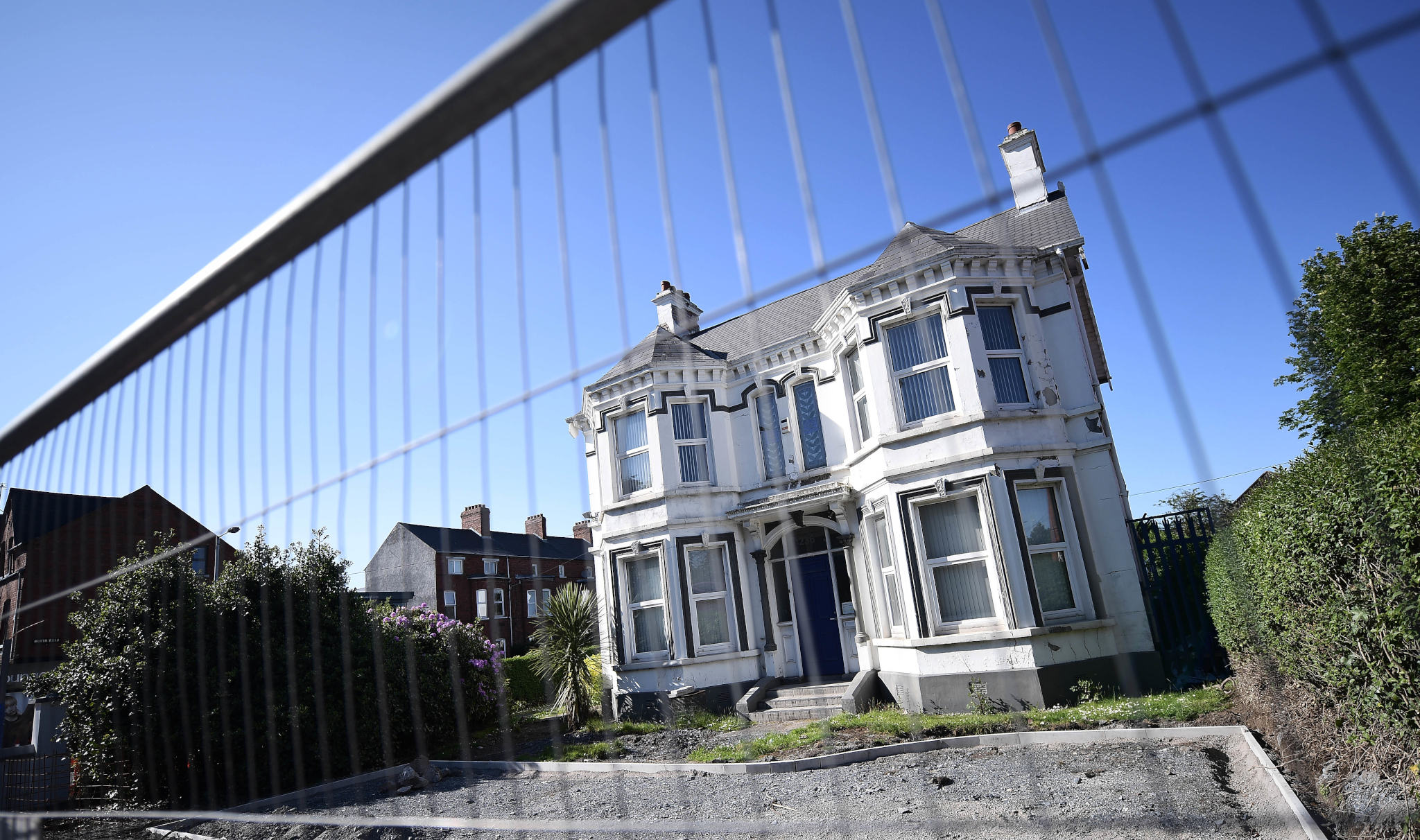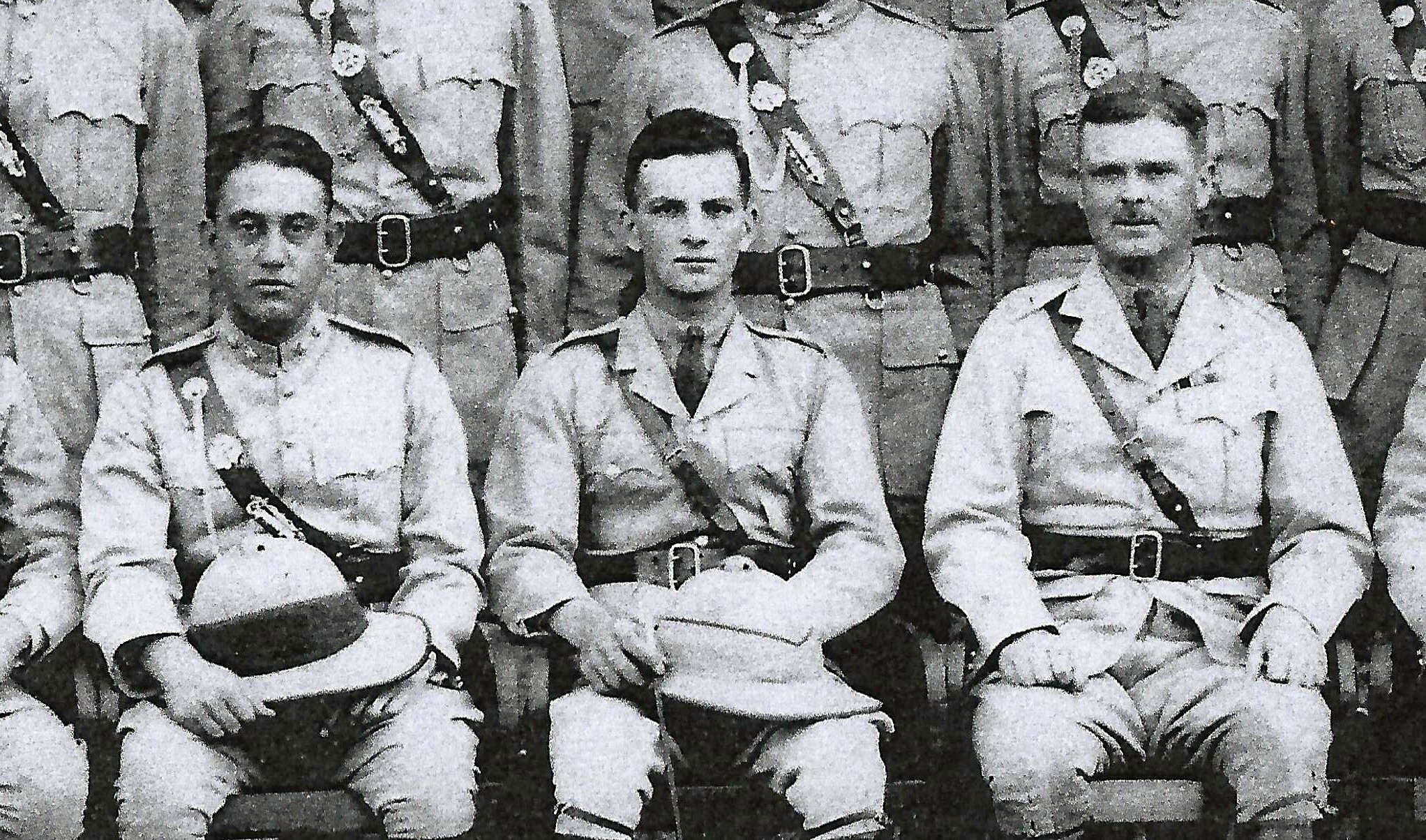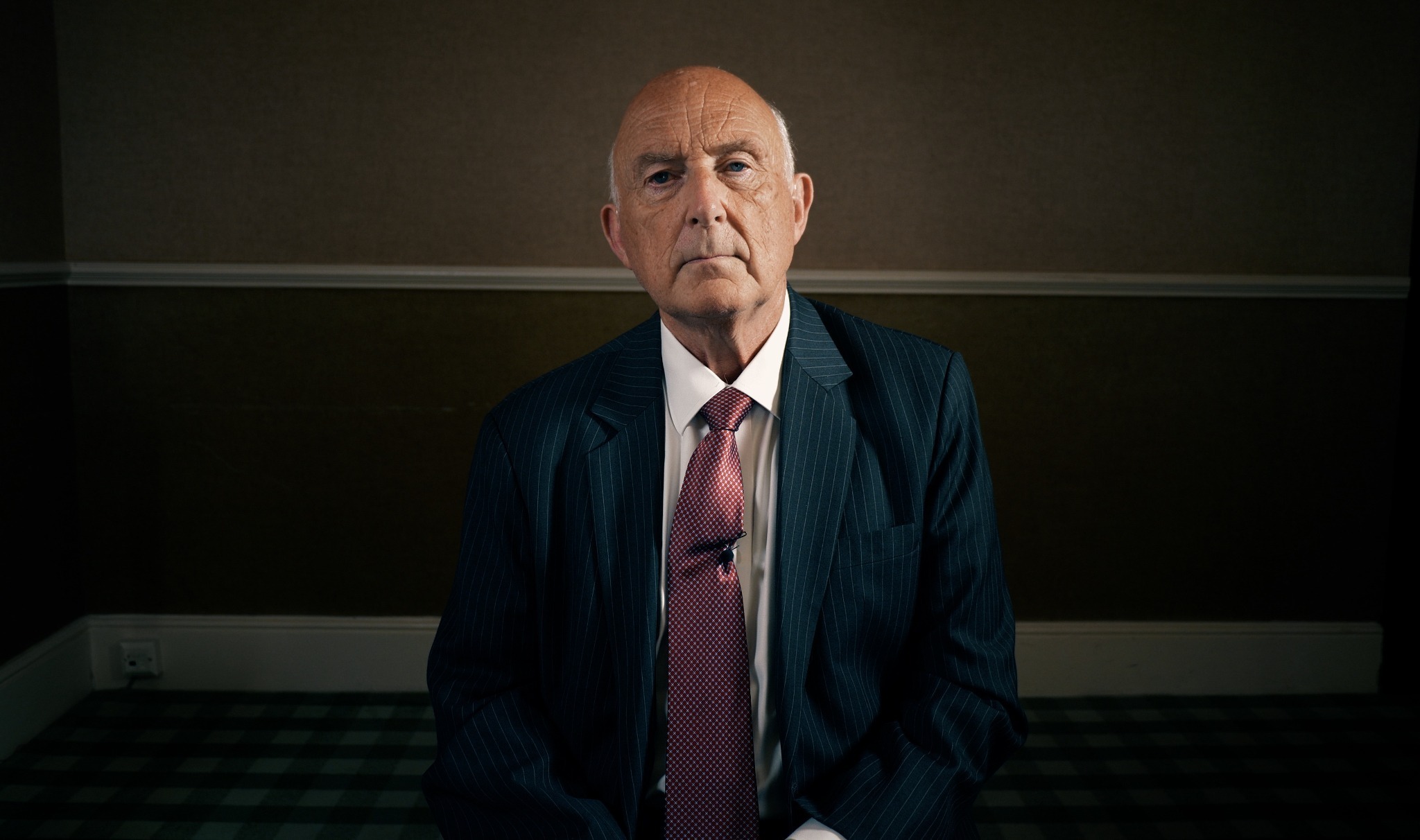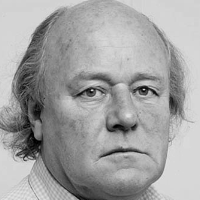Much publicity was given recently to the apology by political and religious leaders in Northern Ireland for the horrific sexual and emotional abuse young boys in care homes had suffered over many years.
But on one notorious home, the subject of a cover-up that remains unexplained, there was silence.
The public apology was recommended more than five years ago in the final report of the Historical Institutional Abuse Inquiry, led by a former judge, Sir Anthony Hart.
Hart revealed shocking levels of abuse in state, church, and charity-run homes that first came to light more than 30 years ago.
However, in common with senior police officers investigating the care homes, Hart brushed aside damaging, and well-documented allegations of MI5’s knowledge of the abuse.
Crucial questions about why the abusive practices were ignored for so long remain unanswered.
MI5 pressure
Kincora, a boys’ home in East Belfast was run by William McGrath, founder of Tara, a shadowy far-right group. McGrath, who died in 1992, was jailed for four years in 1981 for abusing young boys. Kincora was not mentioned in the church and political leaders’ apology.
Hart’s report criticises MI5 officers for consistently obstructing police investigations by the Royal Ulster Constabulary (RUC) and the destruction of MI5 files relating to Kincora.
But it fails to mention MI5’s successful pressure on the then Thatcher government against setting up a full public inquiry with witnesses bound by oath and subjected to cross-examination.
British ministers, state agencies, and government lawyers have repeatedly blocked attempts by the RUC and courts in Northern Ireland to question MI5 officers.
Hart was aware of the pressure placed by MI5 on the police. But he dismissed claims that Britain’s security agencies, notably MI5, turned a blind eye to the abuse because of McGrath’s role as an informer for the intelligence agencies.
At one point Hart said his inquiry did “not have sufficient powers” to investigate issues “relating to the Army or MI5.”
Clockwork Orange
The decades-long cover-up about the British government’s attempts to sabotage a full inquiry has been meticulously documented by Colin Wallace, a former army information officer in Northern Ireland.
Wallace blew the whistle on a dirty tricks psychological warfare operation (PsyOp) code-named Clockwork Orange, run by the intelligence agencies. It included the smearing of leading British, notably Labour, politicians.
After exposing the dirty work Wallace was himself smeared and framed for the manslaughter of a friend. He was even accused by an official of being an “active terrorist”.
His conviction was subsequently overturned and an independent investigation by David Calcutt QC found that members of MI5 had interfered with disciplinary proceedings against Wallace.
And the then Director of Public Prosecutions, Sir Allan Green later told Scotland Yard to drop the Wallace case.
Some files, such as one titled “Wrongful convictions: Colin Wallace, 1975-90”, are listed in the catalogue of the National Archives but remain closed.
Other documents relating to Kincora and Wallace’s case which have been made public include a telex message from MI5 officers in Northern Ireland in 1982 to MI5’s legal adviser, Bernard Sheldon. The telex refers to a directive that “no serving or former of the Security Service should be interviewed by the police”.
Another contains evidence that the RUC made several unsuccessful attempts to interview a senior MI5 officer, Ian Cameron. He allegedly ordered an Army intelligence officer, Brian Gemmell, to stop investigating allegations about the sexual abuse of boys at Kincora, something Gemmell subsequently confirmed.
Seeking justice
The Ministry of Defence (MoD) has also lost – or destroyed – files relating to Wallace, whose case has been investigated over the years including by the respected investigative journalist, Paul Foot, in his book, Who Framed Colin Wallace?
Wallace is now pursuing the MoD in the courts claiming “aggravated and/or exemplary damages arising from the negligence, misfeasance in public office and deceit”.
He will also be a key witness in a forthcoming High Court hearing in Northern Ireland against the police and agents of the British state brought by a victim of the horrific abuses.
In a statement KRW Law, which represents some of the victims of abuse, pointed to the case of Richard Kerr, who was sexually exploited between the ages 8 and 18. He claims: “All investigations and inquiries to date have failed to expose the full extent of the abuse starting at Williamson House, Kincora and elsewhere”.
Kerr says he “was sent outside the institutions by the house managers to have sex with outside parties.”
The statement refers to allegations that state agencies had “direct knowledge” of the abuses.
It also says “they exploited that knowledge of Richard Kerr’s sexual abuse, specifically to enhance intelligence for the British security forces. They forced perpetrators to provide intelligence to the security forces in exchange for silence.”
The case, the statement continues, included “failures by the RUC to investigate the allegations of abuse at Williamson House and the Kincora Boys’ Home and the protection of key paedophile figures including Joe Maines, Eric Witchell and William McGrath.
“In addition, Richard Kerr maintains that no investigation has been conducted which complies with human rights standards.”
State complicity
Kevin Winters of KRW Law told Declassified: “We are taking the case to the High Court to expose state complicity in overseeing a regime that facilitated the abuse of young boys to serve a wider intelligence agenda and subsequent failure to set up a meaningful and proper investigation”.
Patrick Corrigan, Northern Ireland Programme Director of Amnesty International UK, told Declassified: “The Hart Inquiry was not empowered to compel all relevant witnesses and files in relation to State involvement – specifically anyone and any files related to the MoD or the security services – and instead, had to rely on pledges of cooperation by the UK government.”
As a result, key witnesses refused to come forward to give evidence about Kincora, he said.
Corrigan added: “Meanwhile we have learned that some Kincora-related files were destroyed by the government as recently as 2015, even as the Inquiry was under way.”
It is clear, he said, that abuse victims from Kincora feel they received “neither truth nor justice from the Historical Institutional Abuse Inquiry.”
Colin Wallace told Declassified: “Despite all the carefully crafted words contained in the child abuse apologies given by elected representatives one key word was missing from all of them – ‘Kincora’. Why?”
He added: “An apology without genuine remorse and total honesty is a failed apology, and an apology that is not genuine may only make matters worse for the victims. Genuine remorse should not only be communicated through words, but also through actions and those actions include speaking the truth about what really happened in connection with Kincora. Will the British government’s agencies, including MI5, now do that?”
The Northern Ireland Police Ombudsman is now investigating the Kincora case. Pressure is mounting for Wallace’s questions to be answered.




